Hurricanes Have a Significant Impact on the Health Care System
By MarkAlain Déry, DO, MPH, FACOI, Rob Dillard - Last Updated: November 14, 2024Hurricanes Helene and Milton impacted the health care system in almost every way–from financial hits and supply chain losses to taking a significant mental and emotional toll on health care providers and their patients. To better understand the ramifications that natural disasters, specifically hurricanes, have on health care, DocWire News spoke with MarkAlain Déry, DO, who serves as Chief Innovation Officer at Access Health Louisiana, in an eight-part interview about the biggest obstacles HCPs face amid the devastation of hurricanes.
DWN: What are the biggest challenges that natural disasters, specifically hurricanes, pose for the health care system?
MD: So, the first [challenge] is disruption of health care infrastructure. Hurricanes can damage or destroy hospitals, clinics, pharmacies, and other medical facilities, which limit access to care. Flooding and structural damage may force health care facilities to close for extended periods of time.
Power outages can also disrupt medical equipment and services. There’s obviously an interruption of health care delivery, and I’ve seen that in a number of instances beyond hurricanes; just any sort of disaster interruption of health care delivery. When I was in Sierra Leone for the Ebola outbreak, we were also still struggling to get people to HIV care. But everybody was so focused on Ebola for obvious reasons that HIV care had the potential to suffer.
Going back to hurricanes, patients may be unable to access routine care medications or even treatments for chronic conditions. Emergency services and ambulances could be limited due to flooding and road damage. Evacuations can separate patients from their usual health care providers and medical records. So these are a lot of the problems that can exist in that situation.
Of course, Katrina was a major issue here in New Orleans where I am, and we will get to that because that was a specific issue between Hurricane Katrina and Rita. But the hurricanes that we’ve had since then–and we’ve had a number of them–tend to interrupt our health care systems and the way that we managed health care.
I think in New Orleans, we’ve done a great job of figuring these things out. We now have great care within the hospital, so we do this within teams. If you’re on Team A, you’re obligated to spend the night, which is what I usually do to allow the other physicians to be with their families and be able to evacuate.
Katrina and Rita (Rita was the hurricane that followed Katrina about three weeks later) were really obviously devastating for many, many reasons. But I was immediately assigned to what was then called the Houston Astrodome. I don’t think it exists anymore. And I was the medical director for what was the Astrodome clinic. And so to be in that area where all the New Orleans evacuees had nowhere else to go, but to stay within the Astrodome for about three weeks and running that clinic was a very unique challenge. But also one that was very satisfying and one that I’m very grateful that I had the experience to have.
A lot of what I saw was mostly skin and soft tissue issues. And that was largely because these were people who were walking through floodwaters. And when we’re looking at floodwaters, these floodwaters were also contaminated with a myriad of other irritants, such as gasoline and other things that would be inside waters that would flood a city. So of course, [there were] cutaneous issues, infections, cellulitis, and basically rashes. So it was a lot of steroid creams, and it was a lot of Cephalexin, which is what I gave either in terms of antibiotics for the cellulitis or for rashes, steroid creams. And sometimes just both because it was hard to tell the difference between the two.
The other thing was trying to get people their medications. Oftentimes people were evacuating and they evacuated rapidly without taking their medications. I would say that a lot of the New Orleanians that we cared for at that time actually had their medications written down in one way or another, which really surprised me because as doctors we know that people are like, ‘ah, I don’t know my medications.’ You’ve got them on the computer. But somehow people came very, very prepared.
Fortunately, there was a response from one of the big pharmaceutical chains who actually placed a big van immediately there in the Astrodome right next to our clinic. And we were able to get people’s Lipitor, their lisinopril, their basic medications for heart, for cholesterol, for hypertension, for thyroid, the standard blood thinners of course; the things that people would need in an emergency. So not necessarily one patient per se, but really a collective of experiences that culminated in my experience with Katrina.
And of course, coming back, mental health issues were very, very, very profound. [This is] one of the things that we’re seeing with the hurricanes that have happened just recently. I not only feel for individuals for what they’re experiencing right now, of course, the disruption in services, the houses that have been destroyed, and just everything that we know here in New Orleans what people are experiencing. The other thing too is the years of not only physical recovery, but mental health recovery that people are going to be experiencing as well. I know that’s happening, that’s going to happen, and I just feel for those individuals. And certainly people who’ve been through that, I can assure you we all recognize the empathy and share in that empathy for what they’re going to be experiencing moving forward.

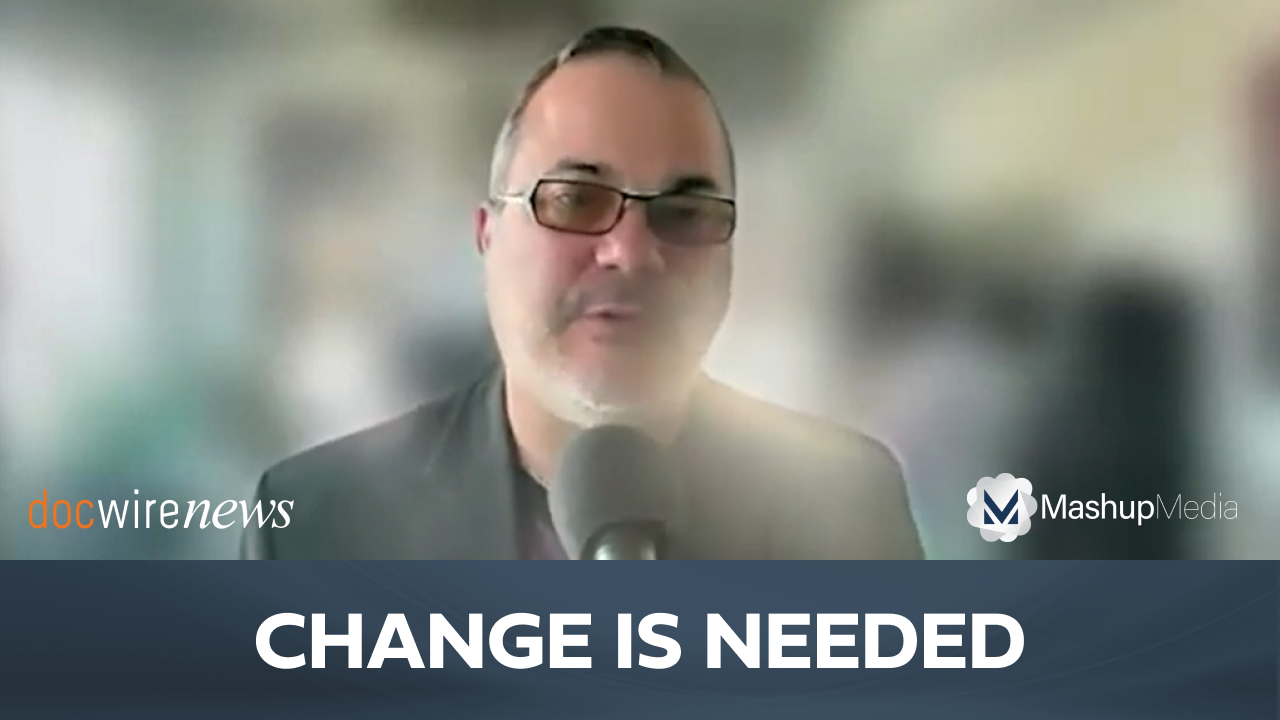
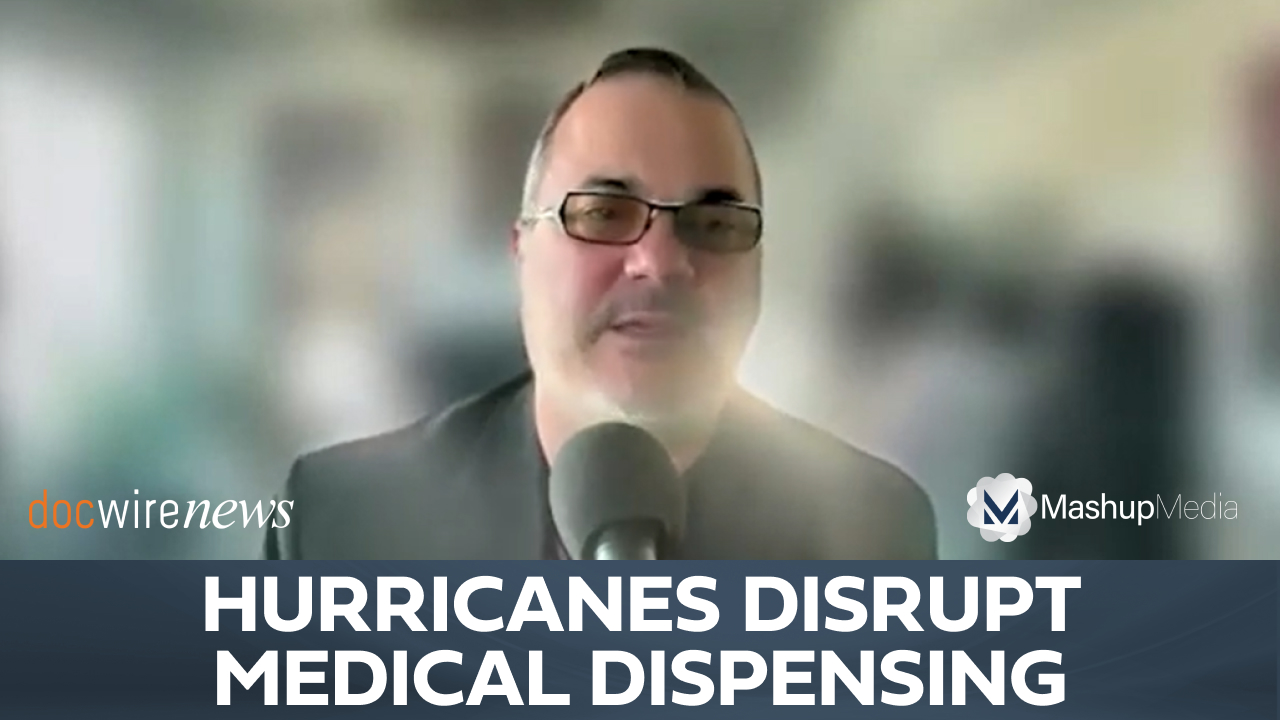
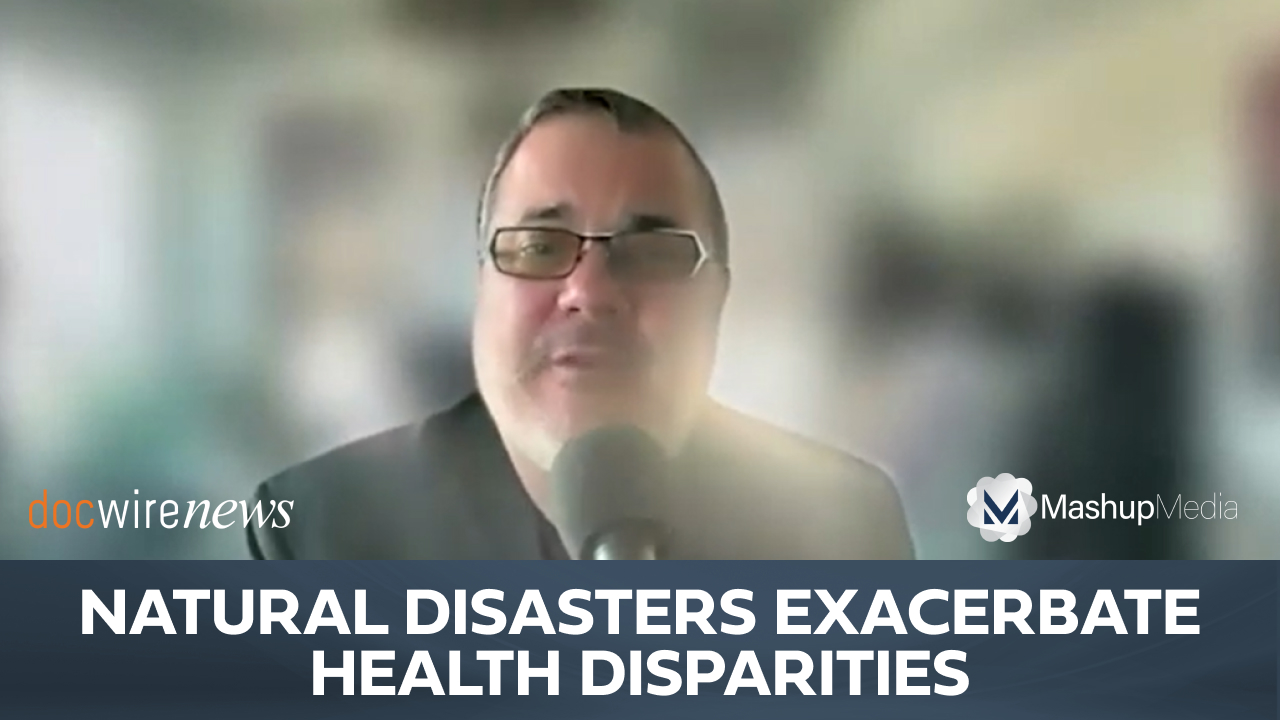
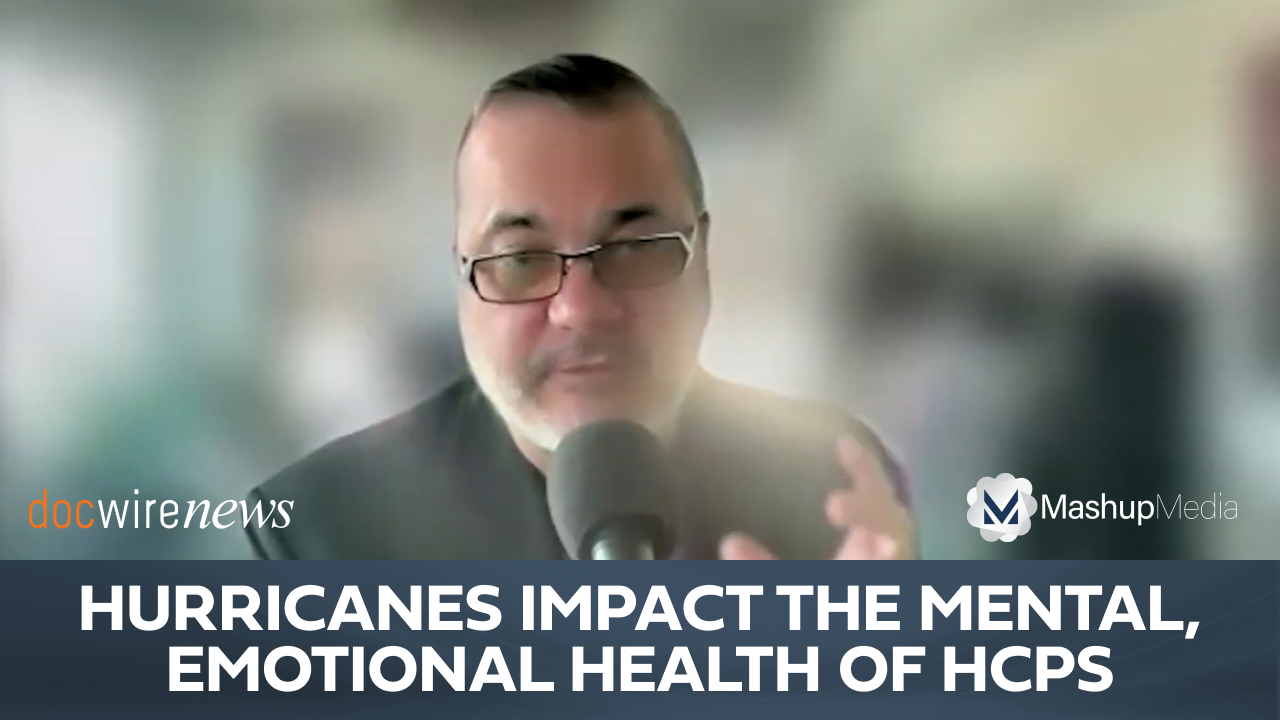
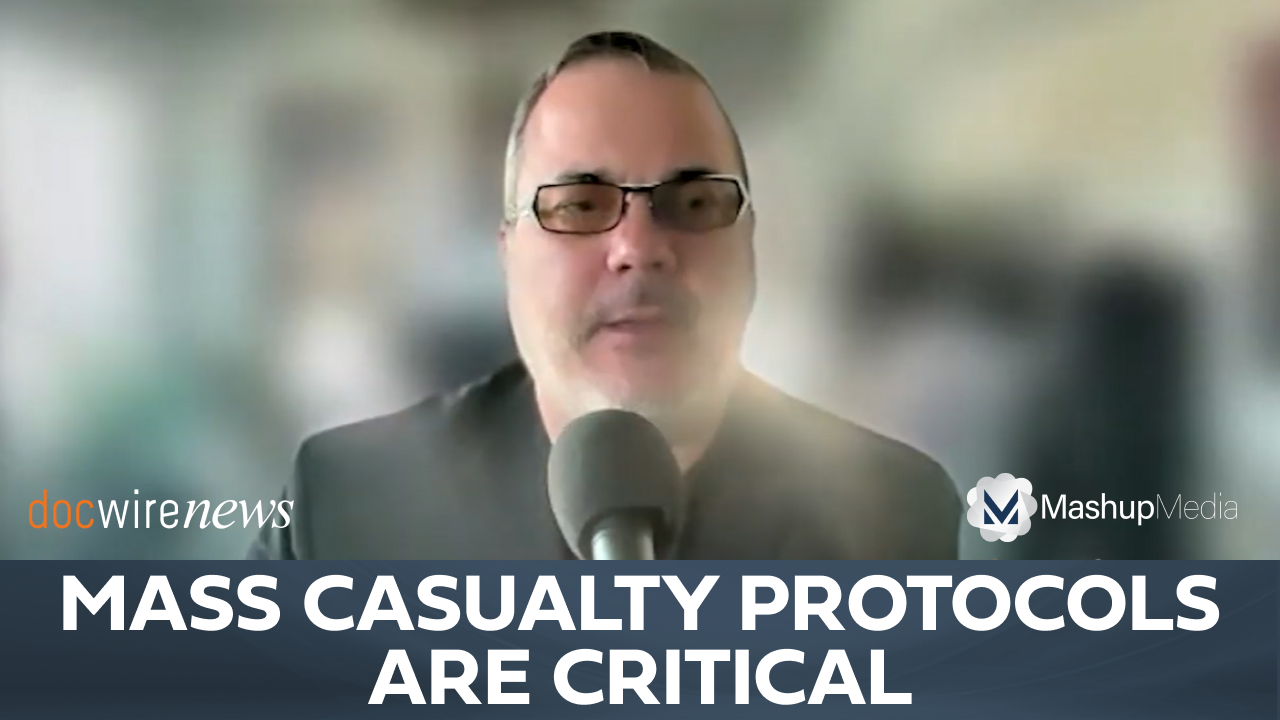

 © 2025 Mashup Media, LLC, a Formedics Property. All Rights Reserved.
© 2025 Mashup Media, LLC, a Formedics Property. All Rights Reserved.